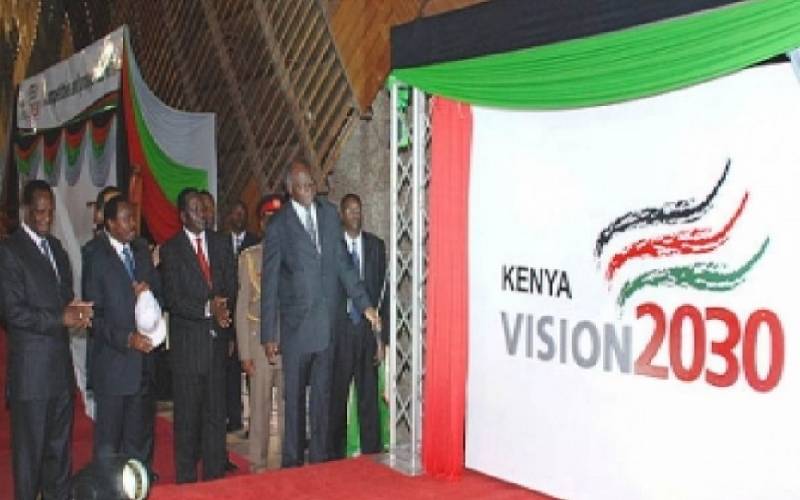×
The Standard e-Paper
Home To Bold Columnists

On October 30, 2006 when Vision 2030 was launched, the dream to transform Kenya into an industrialised and prosperous nation with a high quality of life appeared realistic to many Kenyans. However, today many Kenyans are sceptical that this vision will be achieved by the set date. This may not be surprising since, as a country, we have been on target to achieve the vision.